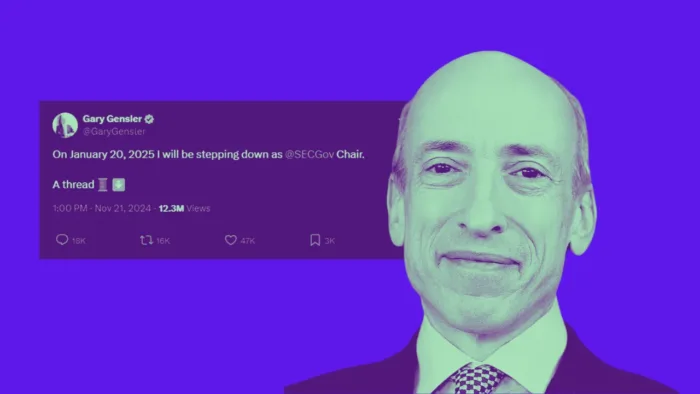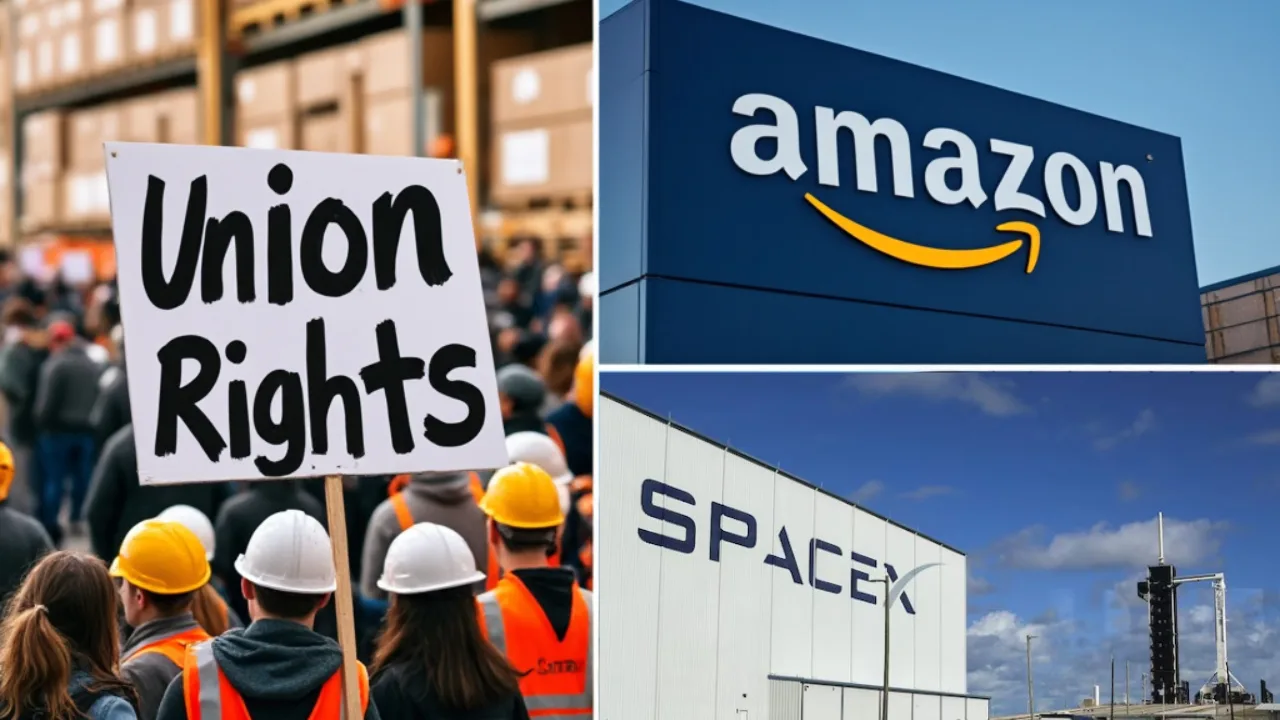In a recent interview on the “Daily Show,” billionaire entrepreneur Mark Cuban made a striking assertion about the evolving relationship between Silicon Valley and American politics. Cuban suggested that the increasing support for Donald Trump among some Silicon Valley founders and business leaders is not purely ideological but rather a strategic maneuver to control the political landscape. Cuban’s words, “It’s not so much a support thing, it’s more like a takeover thing,” have sparked widespread discussion, raising concerns about the growing influence of Silicon Valley in politics.
The Silicon Valley Power Play
Cuban’s comments reflect a broader narrative that has been gaining traction over the past few years: the rise of tech billionaires as influential political players. Silicon Valley, once merely a hub of innovation and entrepreneurship, has increasingly become a center of political power, with its leaders seeking to exert influence over the direction of the country.
One of the most prominent examples is Peter Thiel, co-founder of PayPal and an early investor in Facebook. Thiel’s open support for Donald Trump during the 2016 presidential election marked a significant departure from the traditionally liberal-leaning tech community. Thiel’s involvement went beyond mere endorsement; he actively participated in shaping the Trump administration’s policies, particularly around technology and national security. His company, Palantir, secured several government contracts during Trump’s tenure, illustrating the tangible benefits of his political engagement. Thiel’s role exemplifies the “Board of Directors” analogy Cuban alluded to—a behind-the-scenes influencer guiding policy decisions, suggesting a powerful Silicon Valley influence in politics.
The Complex Relationship Between Tech and Trump
Elon Musk, CEO of Tesla and SpaceX, offers another example of a Silicon Valley leader strategically engaging with the Trump administration. Musk initially joined Trump’s business advisory councils, focusing on issues like climate change and regulation. However, his involvement was more measured, and he eventually stepped down after Trump’s controversial decision to withdraw the U.S. from the Paris Climate Agreement. Musk’s actions reflect a nuanced approach—engaging with the administration to influence policy while maintaining a degree of independence. Although Musk did not stay aligned with Trump, his initial participation aligns with Cuban’s notion that tech leaders are looking to steer decisions in their favor, further highlighting the influence of Silicon Valley in politics.
Historical Precedents and the Tech-Politics Nexus
The intertwining of tech and politics is not a new phenomenon. During the Obama administration, Eric Schmidt, former CEO of Google, played a significant role as an advisor, helping to shape tech policy. Schmidt’s involvement in policy development, particularly around internet regulation and innovation, illustrates how tech leaders have embedded themselves within political structures to ensure favorable outcomes for their industries. While this predates the Trump era, it underscores a long-standing trend of Silicon Valley leaders leveraging their influence in the political arena, solidifying the Silicon Valley influence in politics.
Financial Clout and Political Campaigns
Beyond direct involvement in administration roles, many Silicon Valley venture capitalists have become increasingly active in political fundraising and campaigning. Figures like Reid Hoffman, co-founder of LinkedIn, and Shervin Pishevar have used their wealth to support political candidates and causes that align with their interests. The funding of Political Action Committees (PACs) and Super PACs by tech billionaires is another form of influence that Cuban’s “Board of Directors” analogy aptly describes. These financial contributions are strategic investments in shaping the political landscape to benefit the tech industry, demonstrating a profound Silicon Valley influence in politics.
Big Tech and the Battle for Regulation
One of the most significant ways in which Silicon Valley exerts influence is through lobbying efforts. Companies like Facebook, Google, and Amazon have spent millions on lobbying to shape legislation around privacy, antitrust, and taxation. While this is not direct control over a political leader, it demonstrates how the tech industry uses its power to influence the policy environment. The involvement of tech giants in drafting or influencing legislation, such as the net neutrality debates, further highlights their attempt to control the environment in which they operate—echoing Cuban’s concerns about tech leaders wanting to be the “Board of Directors” of the U.S. This ongoing engagement reflects the growing influence of Silicon Valley in politics.
The Growing Concern Over Concentrated Power
Cuban’s remarks also reflect a broader public concern about the concentration of power within a small number of tech companies. As these companies have grown in influence, there have been increasing calls for regulation, and even the breakup of big tech, to curb their power. The fear is that these tech leaders have amassed so much power that they could seek to control political figures, effectively becoming the de facto rulers of the country. Cuban’s comments, while hyperbolic, underscore the growing unease about the potential for tech billionaires to exert disproportionate influence over the political system—solidifying the notion of Silicon Valley’s influence in politics.
Conclusion: A New Era of Political Influence
Mark Cuban’s assertion on the “Daily Show” may be exaggerated, but it sheds light on a significant and growing trend: the increasing involvement of Silicon Valley in American politics. Whether through direct advisory roles, strategic donations, or lobbying, tech billionaires are actively seeking to influence political outcomes in ways that benefit their businesses and personal ideologies. While this influence might not always be as overt as “controlling” a political leader like a CEO, the analogy captures the essence of the concern—that the tech industry has grown powerful enough to exert significant influence over national and global affairs.
As the 2024 presidential election approaches, the role of Silicon Valley in shaping political outcomes will likely continue to be a topic of intense debate. Cuban’s comments serve as a reminder of the growing entanglement between big tech and political power, raising important questions about the future of democracy in the age of tech billionaires and the expanding Silicon Valley influence in politics.




